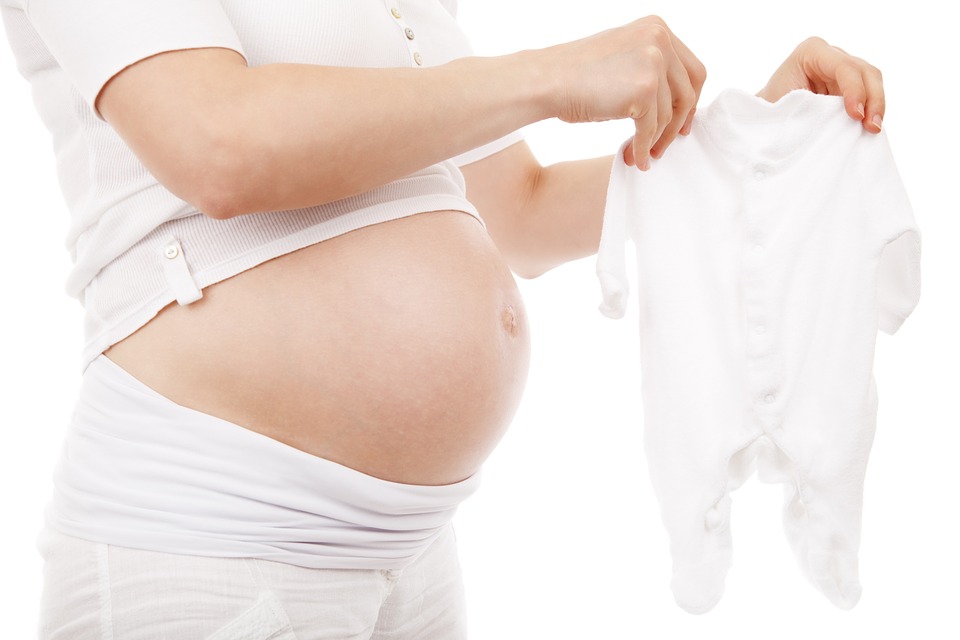
Women with MS often report fewer symptoms during pregnancy. But studies exploring whether becoming pregnant or having children affects whether or when someone develops MS have so far been inconclusive. Now, the biggest study yet suggests pregnancy may be linked to a delay in experiencing one of the early signs of MS.
MS and clinically-isolated syndrome (CIS)
The new study, from Australia and the Czech Republic, suggests pregnancy is associated with a 3 year delay to the onset of clinically-isolated syndrome (CIS).
CIS is a first episode of neurological conditions that lasts at least 24 hours. It’s caused by the loss of the myelin coat that surround nerves. It is often the first stage in a diagnosis of MS, but some people never go on to experience further symptoms or develop MS.
What happened in the study?
The researchers analysed data from 2557 women who were all signed up to MS Base – a large database with information from people with MS and MS clinics. All the women in this study had MS and had previously been diagnosed with CIS. The researchers then looked back at when they developed CIS and whether they had ever been pregnant.
They found women who had been pregnant were diagnosed with CIS, on average, just over three years later than women who had never been pregnant. The researchers didn’t find a link between the number of times women had been pregnant and the time of CIS onset.
What does this mean for people with MS who are thinking about having children?
MS affects over 130,000 of us in the UK, with women ‘of reproductive age’ almost three times more likely to be diagnosed. So there are often lots of questions around family planning.
The authors are clear they aren’t claiming that being pregnant actually causes a delay in the onset of CIS. The study shows only an association between the two.
What’s more, the study looked at the link between pregnancy and onset of CIS, not MS itself. The researchers specifically chose to look at CIS so they could be more confident that the onset of symptoms was linked to pregnancy and not to other factors. For example we know that some people may change their behaviour after being diagnosed with CIS, for example by starting to take a DMT.
MS is different for everyone. And women with and without MS choose not to become pregnant for many reasons.
New avenues for MS treatments
Dr Emma Gray, our Assistant Director of Research, says: “The reasons for pregnancy’s positive effect are not fully understood, but it’s thought the answer lies in our immune system – which misbehaves in MS, but is dampened during pregnancy.
“We want to slow, stop and eventually prevent MS, and these findings could help us with that goal. If we can figure out the mechanisms underlying this apparent protective effect of pregnancy, it could lead to new avenues for treatment.”
More research is needed
We don’t fully understand why pregnancy seems to play a protective role in MS but researchers think it could be to do with the hormones oestrogen and progesterone. During pregnancy, the levels of these hormones change dramatically, which may impact the immune system.
We now need further research to understand the link between MS, pregnancy and hormone levels. Large registry studies involving data from thousands of people with MS – like MS Base and the UK’s MS Register – are one way to help us build this picture.